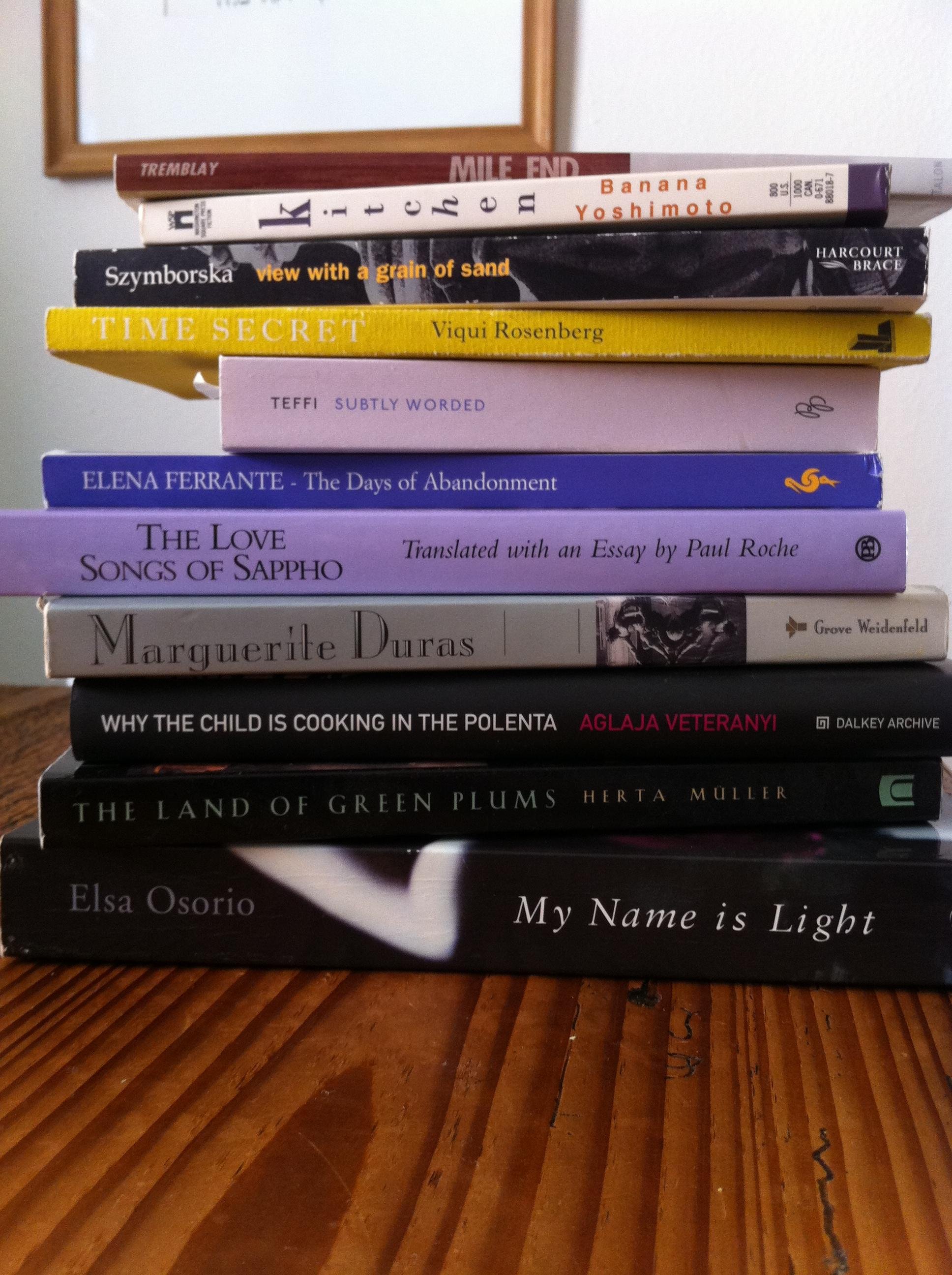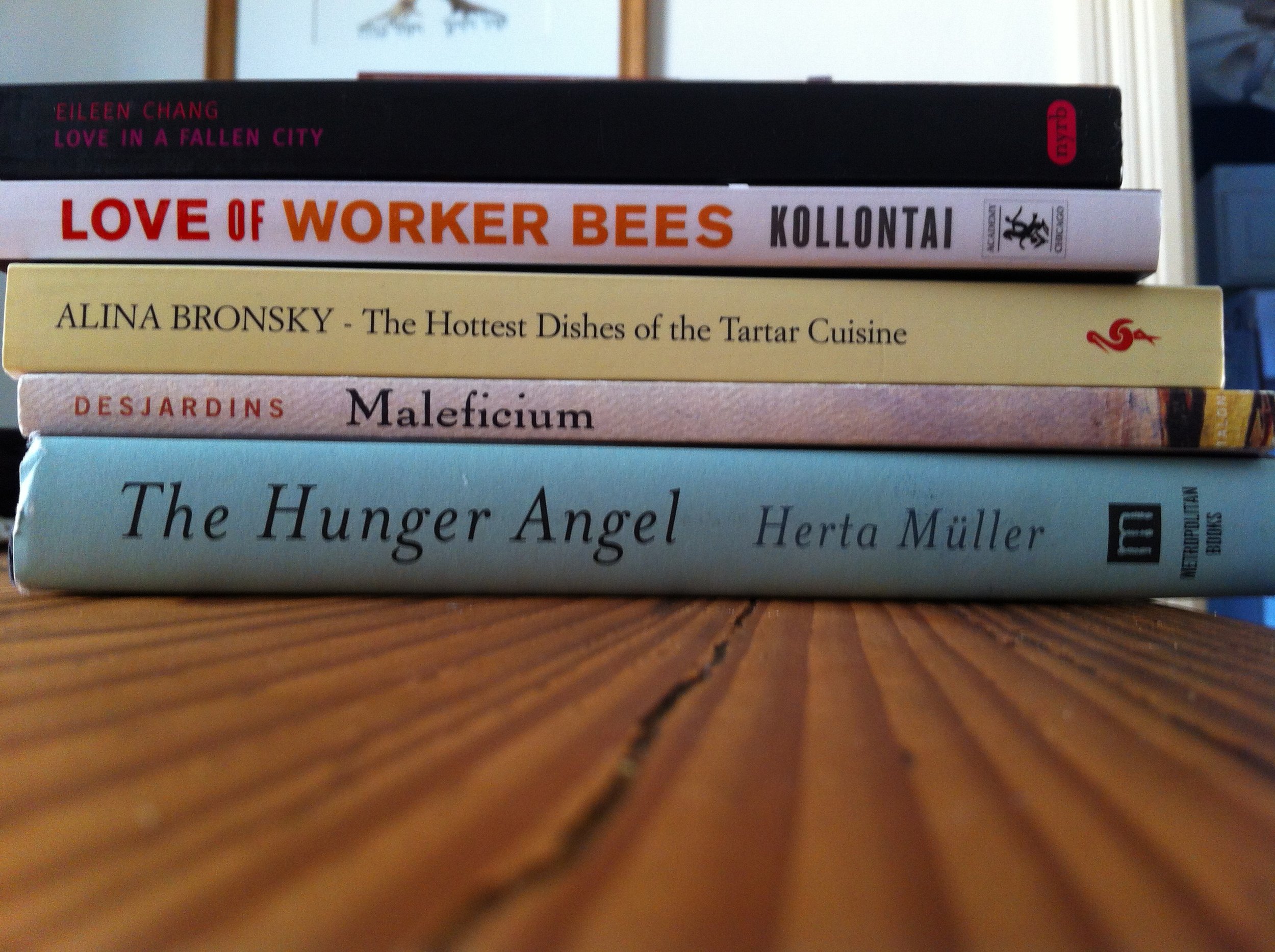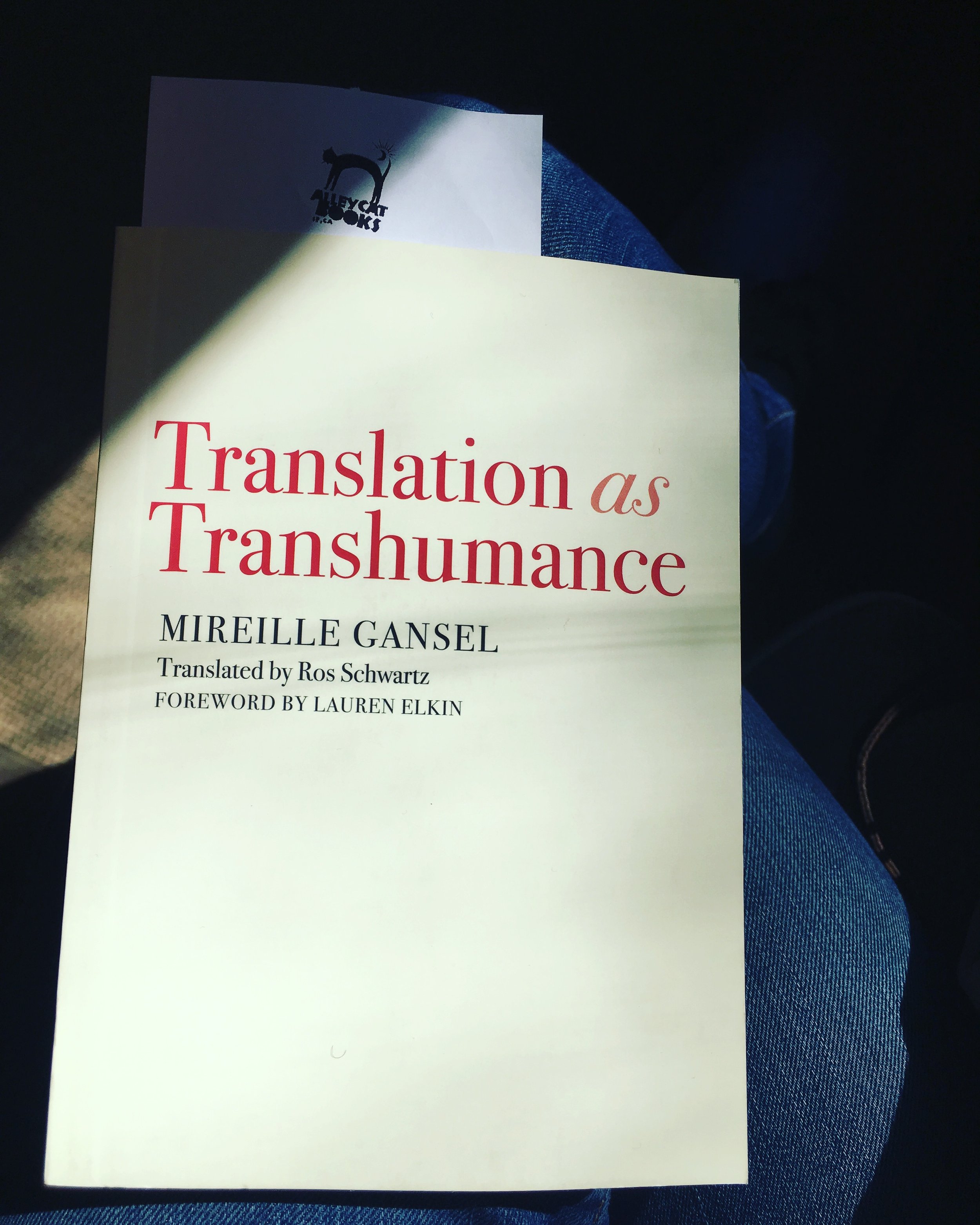 Every summer, I am simultaneously excited for and stressed out by the Seattle Public Library and Seattle Arts & Lectures Adult Book Bingo program and Women in Translation Month, which happens in August. These are supposed to be fun efforts to read a lot, and they are fun, and yet I develop anxieties about time. (Ah, time. I am forever losing to time.) In any case, the 2018 book bingo card was recently released, and I eagerly printed out a copy and penciled in my aspirations for the season.So, what are some books on my docket? My ideal reading diet consists of reading fiction, poetry, and nonfiction simultaneously, and my current reading manages three bingo squares:
Every summer, I am simultaneously excited for and stressed out by the Seattle Public Library and Seattle Arts & Lectures Adult Book Bingo program and Women in Translation Month, which happens in August. These are supposed to be fun efforts to read a lot, and they are fun, and yet I develop anxieties about time. (Ah, time. I am forever losing to time.) In any case, the 2018 book bingo card was recently released, and I eagerly printed out a copy and penciled in my aspirations for the season.So, what are some books on my docket? My ideal reading diet consists of reading fiction, poetry, and nonfiction simultaneously, and my current reading manages three bingo squares:
- Takes Place in the Area You Were Born: 10:04 by Ben Lerner. Lerner will give a talk at Hugo House on August 9, on the novel as a curatorial form. Intriguing!
- Poetry or Essays (why, why aren't these separate boxes?): To Repel Ghosts by Kevin Young, a book of poetry inspired by Jean-Michel Basquiat, which I picked up at the Brooklyn Museum while on book tour.
- Finish a Book You Started and Put Down: The Omnivore's Dilemma by Michael Pollan. The second section of this book, on processed food, was dry and slow, and I almost gave up on it. But I am super interested in the section on the rise of organic farming and look forward to the final section on foraging food, the reason I picked up the book in the first place. As I slowly work on a series of lyric essays about food and culture, I am finding Pollan's research and writing mostly delightful and always informative.
Of course, none of these books are by women, nor are they in translation. So, here's what's next for me:
- Written by An Author From Another Country: Brother in Ice by Alicia Kopf
- Award-Winning Author: The Appointment by Herta Müller
- Fiction: The Hottest Dishes of Tatar Cuisine by Alina Bronsky
I also participated in the Seattle Public Library's Your Next Five Books program, asking for smart, zippy books by women, ideally in translation. I'll let you know what they recommend! (In the meantime, if you are looking for recommendations from me, here are my previous posts on women in translation.) What are you reading this summer?UPDATE (5/30/18): Here are the five "smart, zippy books by women" that the Seattle Public Library recommended. I am particularly excited about Umami by Lala Jufresa! From the title, to the author's name, to the promise of a precocious 12-year-old girl protagonist (a soft spot for me), this book will for sure go on my Recommended by a Librarian bingo square.

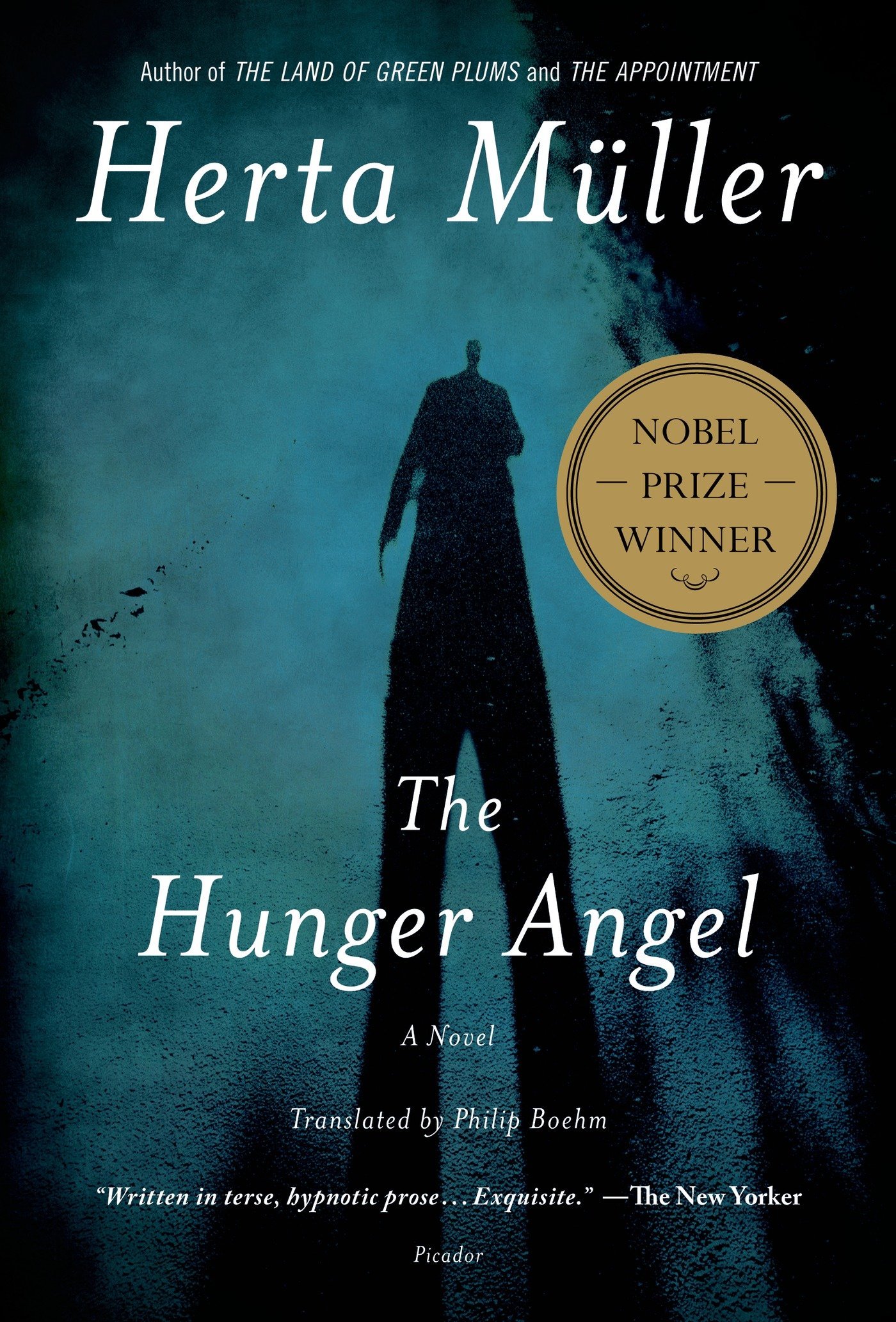 After I read The Land of Green Plums a few years ago, Herta Müller joined a short list of authors whose work I want to read all of. I am not the sort of reader who methodically works through an oeuvre; I crave different voices. But this list includes Virginia Woolf, Toni Morrison, and Mavis Gallant. (It used to include Angela Carter; I adore her short fiction, but actually found trying to read her novels like trying to eat an entire chocolate mousse cake.) Müller's fiction is poetic and harrowing and sheds light on the country my family comes from. For me, she is a must.For my third installment of
After I read The Land of Green Plums a few years ago, Herta Müller joined a short list of authors whose work I want to read all of. I am not the sort of reader who methodically works through an oeuvre; I crave different voices. But this list includes Virginia Woolf, Toni Morrison, and Mavis Gallant. (It used to include Angela Carter; I adore her short fiction, but actually found trying to read her novels like trying to eat an entire chocolate mousse cake.) Müller's fiction is poetic and harrowing and sheds light on the country my family comes from. For me, she is a must.For my third installment of  I'm thrilled to have my essay "
I'm thrilled to have my essay "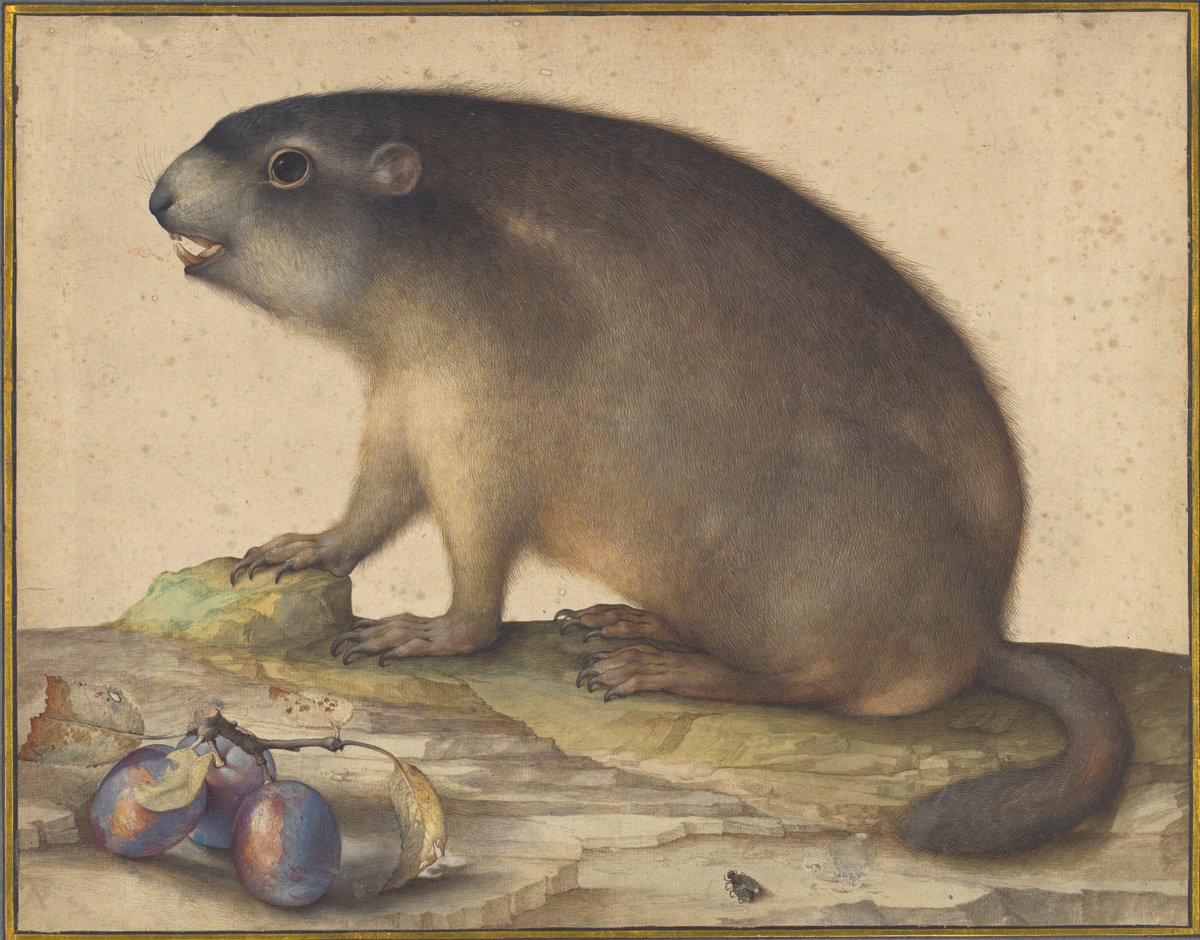
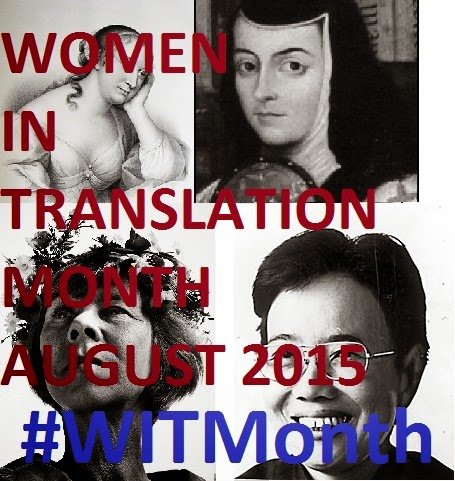 August is
August is 